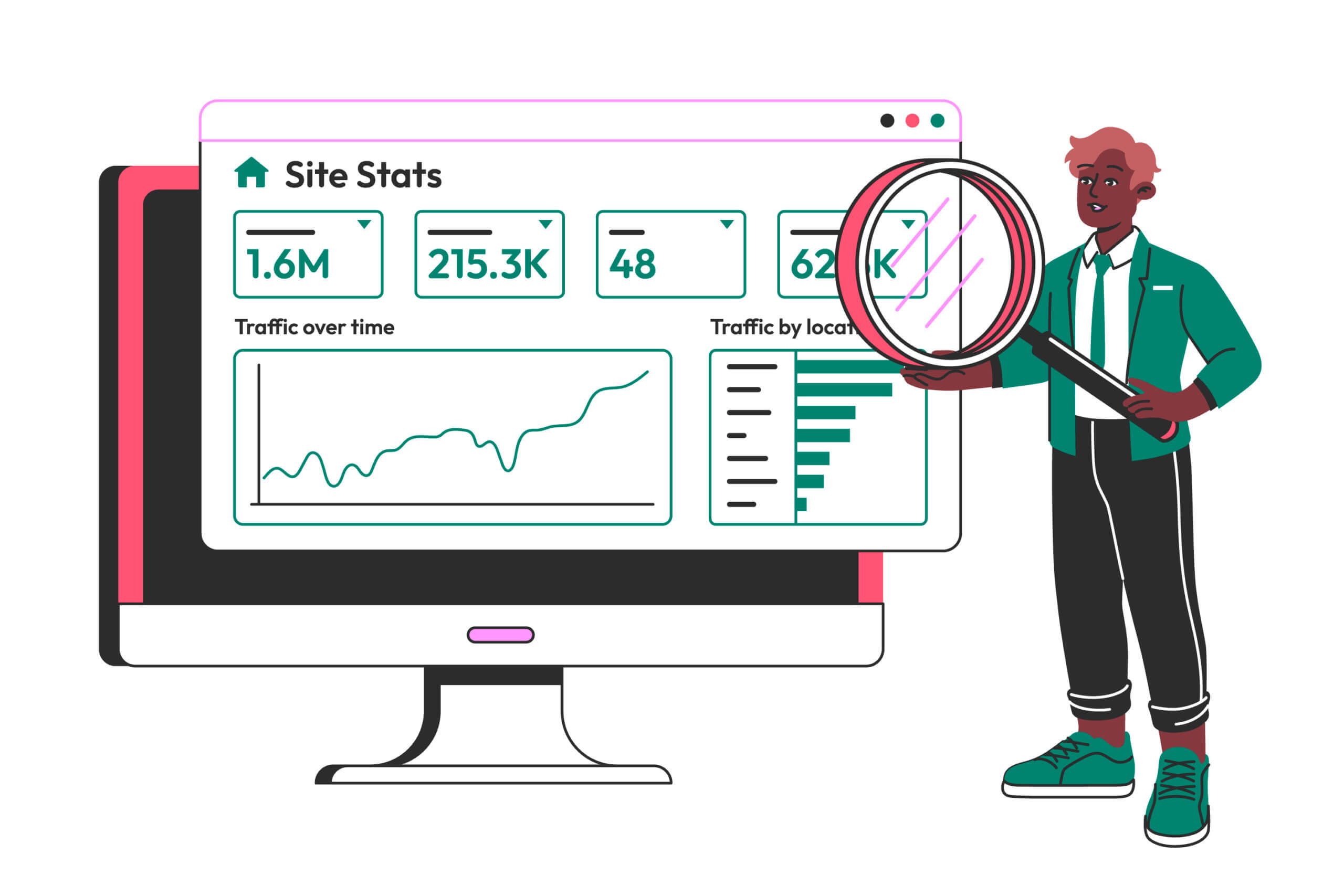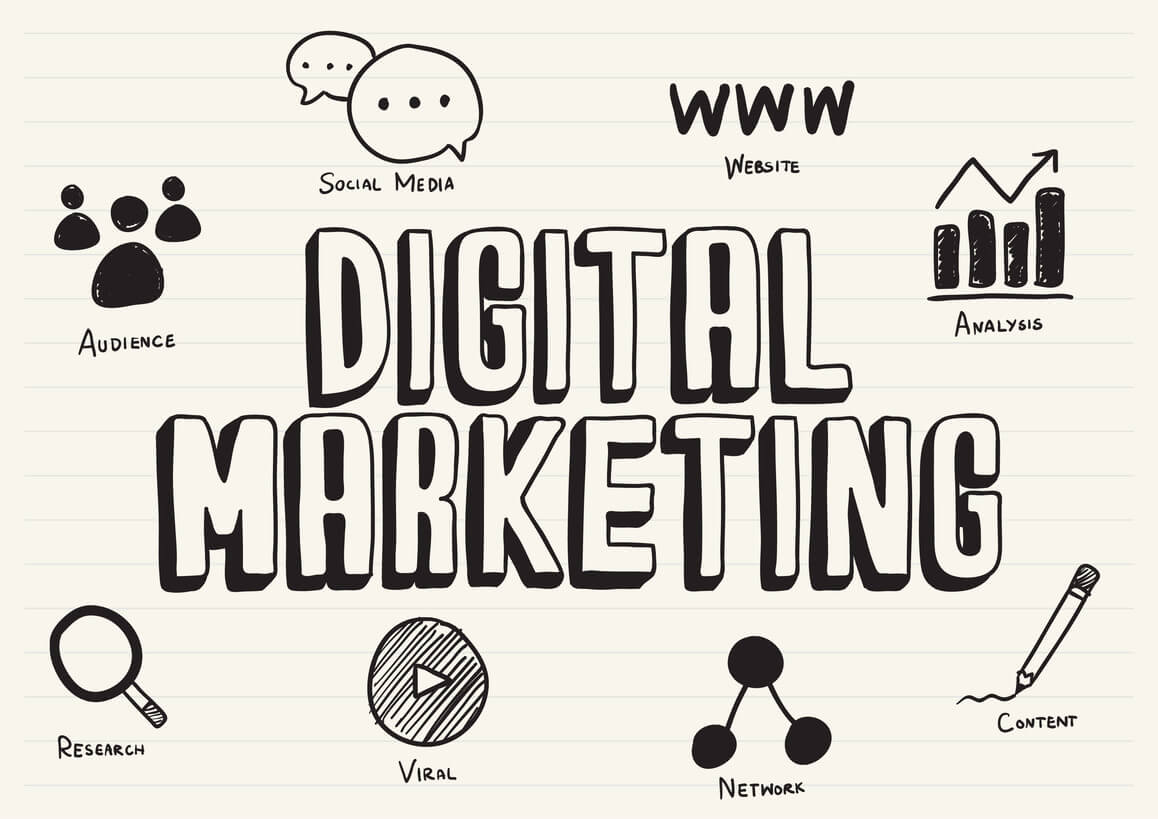
In an era marked by environmental awareness and ethical consciousness, the intersection of sustainability and digital marketing has gained significant importance. As consumers become more environmentally conscious, businesses are recognizing the need to align their marketing practices with eco-friendly values. This movement, driven by corporate social responsibility, is reshaping the landscape of digital marketing. In this comprehensive article, we delve into the world of sustainable digital marketing, highlighting the significance of eco-friendly practices and the role of corporate social responsibility.
Defining Sustainable Digital Marketing
A Green Approach to Marketing
Sustainable digital marketing refers to the adoption of environmentally friendly and socially responsible practices in digital campaigns and strategies. This approach aims to minimize the negative impact of marketing activities on the environment while promoting ethical values and responsible consumerism.
The Growing Importance of Sustainability
With climate change and environmental degradation making headlines, consumers are increasingly seeking products and services from brands that prioritize sustainability. This shift in consumer behavior has compelled businesses to integrate eco-friendly practices into their marketing efforts.
Eco-Friendly Marketing Practices
Reducing Carbon Footprint
Digital marketing often involves energy-intensive activities. By optimizing website performance, using energy-efficient servers, and adopting green hosting practices, businesses can significantly reduce their carbon footprint.
Minimizing Digital Waste
Digital campaigns can generate a substantial amount of waste, including unused ad impressions and email clutter. Streamlining campaigns to reach the right audience and employing email marketing best practices can reduce digital waste.
Supporting Renewable Energy
Businesses can choose to power their digital operations with renewable energy sources such as solar or wind power. Displaying commitments to clean energy on websites and in marketing materials can enhance brand reputation.
Corporate Social Responsibility (CSR) in Digital Marketing
Beyond Profit: A Holistic Approach
Corporate social responsibility involves businesses taking responsibility for the social and environmental impacts of their operations. Integrating CSR into digital marketing showcases a commitment to social and environmental causes beyond profit generation.
Storytelling with Impact
CSR initiatives provide compelling narratives that resonate with consumers. Sharing stories of positive social and environmental contributions can foster stronger emotional connections with audiences.
Transparency and Accountability
Transparency is paramount in CSR-driven digital marketing. Businesses must provide clear information about their initiatives, progress, and goals, building trust with consumers who value authenticity.
The Benefits of Sustainable Digital Marketing
Enhanced Brand Reputation
Sustainability-focused initiatives demonstrate a brand’s commitment to making a positive impact. This resonates with socially conscious consumers, contributing to a strong brand reputation and customer loyalty.
Attracting the Eco-Conscious Audience
Consumers who prioritize sustainability actively seek out businesses that align with their values. By showcasing eco-friendly practices, businesses can attract and retain this valuable audience.
Long-Term Sustainability
Sustainable practices not only benefit the environment but also contribute to long-term business sustainability. Minimizing waste, reducing energy consumption, and embracing ethical values can lead to cost savings and operational efficiency.
The Path Forward: Integrating Sustainability into Digital Marketing
Defining Sustainability Goals
Identify specific sustainability goals that align with your brand values. Whether it’s reducing carbon emissions or supporting a cause, clarity in objectives is essential.
Educating and Engaging Audiences
Educate consumers about your sustainable initiatives through content marketing. Highlight the positive impact of their choices and encourage them to participate in eco-friendly practices.
Measuring and Reporting Impact
Regularly assess the impact of your sustainable digital marketing efforts. Share progress and achievements transparently with your audience to build credibility.
Conclusion
Sustainability in digital marketing is no longer a luxury; it’s an imperative. Embracing eco-friendly practices and incorporating corporate social responsibility into digital campaigns not only aligns with evolving consumer values but also contributes to positive social and environmental change. By weaving sustainability into the fabric of digital marketing strategies, businesses can forge meaningful connections, foster brand loyalty, and be agents of positive change in a world that craves ethical action.

















